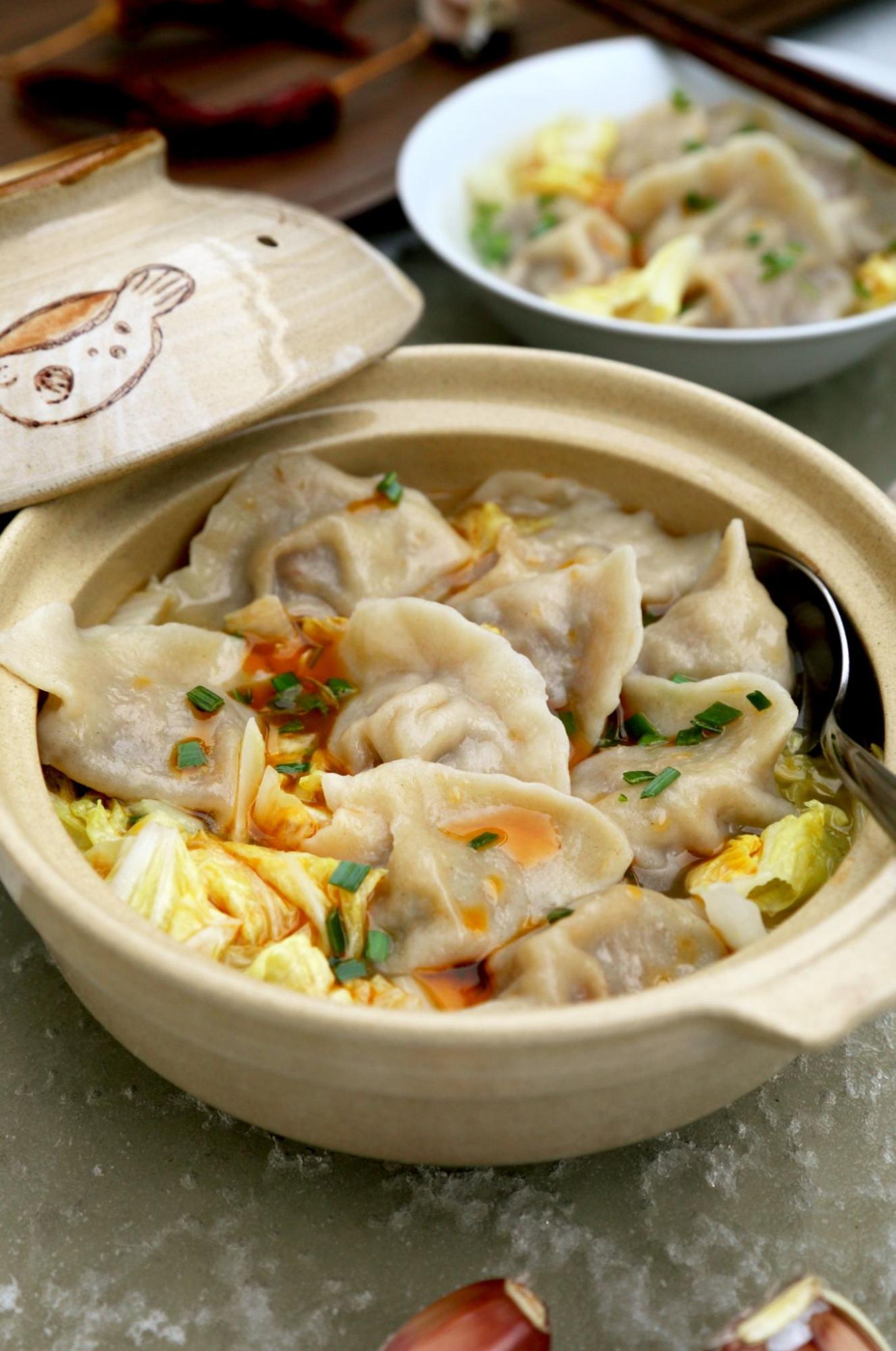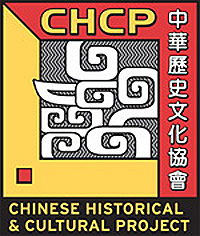|
- Home
- Winter Solstice
WINTER SOLSTICE
Winter solstice, also called Dongzhi in Chinese, is celebrated between December 21 to December 23. These days are when the sun is farthest from the north of the equator and when the nights become the longest and the days the shortest.
The word “冬至” quite literally means “Winter’s Arrival.” For an agrarian society, winter was when crops did not grow and sickness was prevalent. So, Chinese people celebrate this holiday by enjoying a warm, hearty meal with their family. China’s geography spans a range of latitudes, and since winters hit harder in the north, people in the north celebrate Dongzhi more than those in the south.
 Traditional foods include tangyuan, dumplings, mutton soup, and eight treasure porridge. Tangyuan is a ball-shaped dessert made of glutinous rice flour served in hot soup. Like Dongzhi, these cute little balls symbolize reunion and togetherness, and they are often filled with sweet or salty fillings, ranging from sugary sesame paste, red bean paste, ground peanut, to savory ground pork. Dumplings are also filled with all kinds of fillings, from meat to vegetables even to sugary fillings, and mutton soup is also a good source of protein and an effective way to warm people up during the cold days of winter. Eight treasure porridge is perhaps the most interesting of these foods. The “eight treasures” in this dish refer to grains and beans, and many add more than eight varieties. Examples include mung beans, red beans, lentils, white lentils, red dates, lotus seeds, and longan, and these ingredients work together with a porridge base made out of black or white rice to create a rich, sweet dish.
Traditional foods include tangyuan, dumplings, mutton soup, and eight treasure porridge. Tangyuan is a ball-shaped dessert made of glutinous rice flour served in hot soup. Like Dongzhi, these cute little balls symbolize reunion and togetherness, and they are often filled with sweet or salty fillings, ranging from sugary sesame paste, red bean paste, ground peanut, to savory ground pork. Dumplings are also filled with all kinds of fillings, from meat to vegetables even to sugary fillings, and mutton soup is also a good source of protein and an effective way to warm people up during the cold days of winter. Eight treasure porridge is perhaps the most interesting of these foods. The “eight treasures” in this dish refer to grains and beans, and many add more than eight varieties. Examples include mung beans, red beans, lentils, white lentils, red dates, lotus seeds, and longan, and these ingredients work together with a porridge base made out of black or white rice to create a rich, sweet dish.
Dongzhi’s traditions are symbols of perseverance through the darkest days of winter and hope for the incoming days of spring warmth.
By Victoria Ma, 2022-2023 Student Docent Cultural Ambassador

